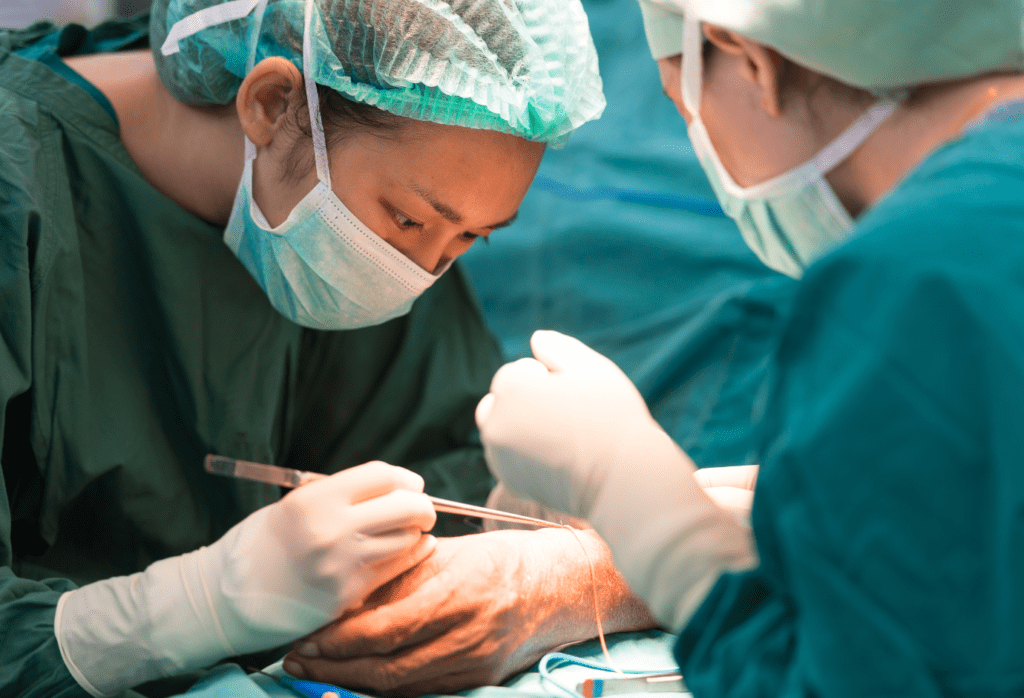Two thirds of female doctors in Australia are delaying starting a family due to their career, while half have suffered some form of pregnancy complication according to new research.
The study, conducted by surgical registrar at Northern Hospital in Melbourne, Dr Jasmina Kevric, general surgeons Dr Grace Chew and Dr Russell Hodgson, found that on average, female doctors had their first child at 32.4 years old, with more than a quarter having accessed vitro fertilisation (IVF) treatment.
The responses of 1,099 doctors were analysed to generate findings, with results also showing that 36 per cent of respondents had miscarriages, while 37 percent reported they had taken fertility testing.
Once female doctors became parents, 69 per cent of them breastfed for more than six months.
Male doctors were also found to be more likely to have more than two children (just over one-third) compared to female doctors (15.6 percent).
Dr Jasmina Kevric, a Royal Australasian College of Surgeons (RACS) surgical trainee feels these findings show a clear link between delaying family planning due to training requirements and the increase of age-related pregnancy complications.
“Long working hours increase the risks of neonatal complications, while options for part-time training are limited and only suit those in early pregnancy,” she notes, adding that “In the past seven years I have not come across one pregnant registrar.”
Dr Kevric, who is this year’s Victoria Junior Doctor of the Year, wrote an op ed for Women’s Agenda last September, titled “Don’t get pregnant, it will ruin your career”, where she tells her own story of trying to conceive while becoming a career surgeon.
“As I set upon the task of studying the incidence of infertility, pregnancy complications and breastfeeding practices among the Australian population, I am staring down that elephant with hope that times will change and female doctors’ fertility will be in the spotlight,” she wrote.
“Pregnancy among registrars and surgeons should not be seen as a career breaking move. We need to encourage and support those who wish to pursue a family and eliminate yet another elephant in the medical room.”
Dr Grace Chew, a RACS Fellow and general surgeon has encountered multiple stories of trainees facing difficulties juggling surgical training and family life.
“Many residents and registrars have shared personal stories of pregnancy-associated complications such as miscarriage, unsuccessful IVF cycles, neonatal deaths, childhood illnesses and marriage stress,” says Chew.
“There should be opportunities for female surgeons to have the career they want, without the fertility and pregnancy complications.”
Dr Russell Hodgson agrees, noting that under the current system, surgical trainees face considerable barriers starting a family.
“Something radical needs to occur because it’s unacceptable one in three female doctors suffer a pregnancy loss,” he says. “There needs to be a greater emphasis placed on balance, where medical graduates can start their specialties earlier or undertake part-time training,” he says.
The researchers unveiled the study last week at the the Royal Australasian College of Surgeons Annual Scientific Congress in Brisbane — the largest multi-disciplinary surgical gathering of its kind in the southern hemisphere, bringing together the top surgical and medical individuals from across the globe.


